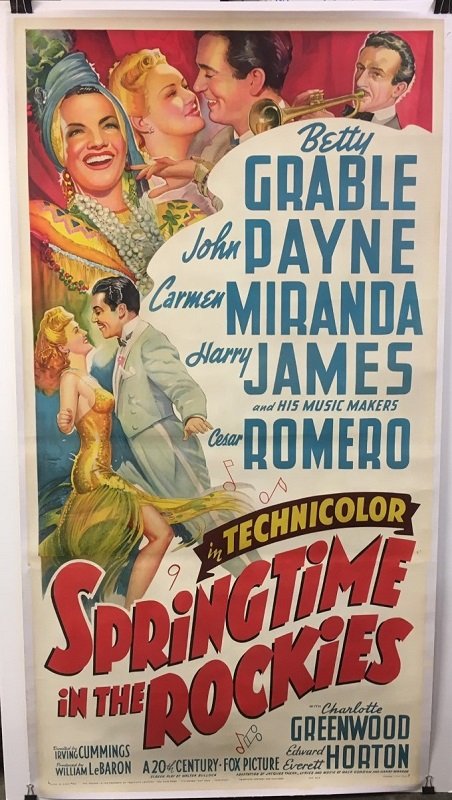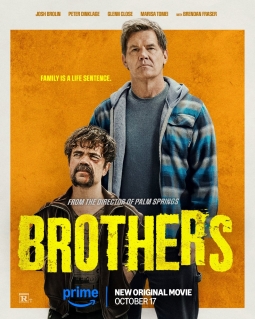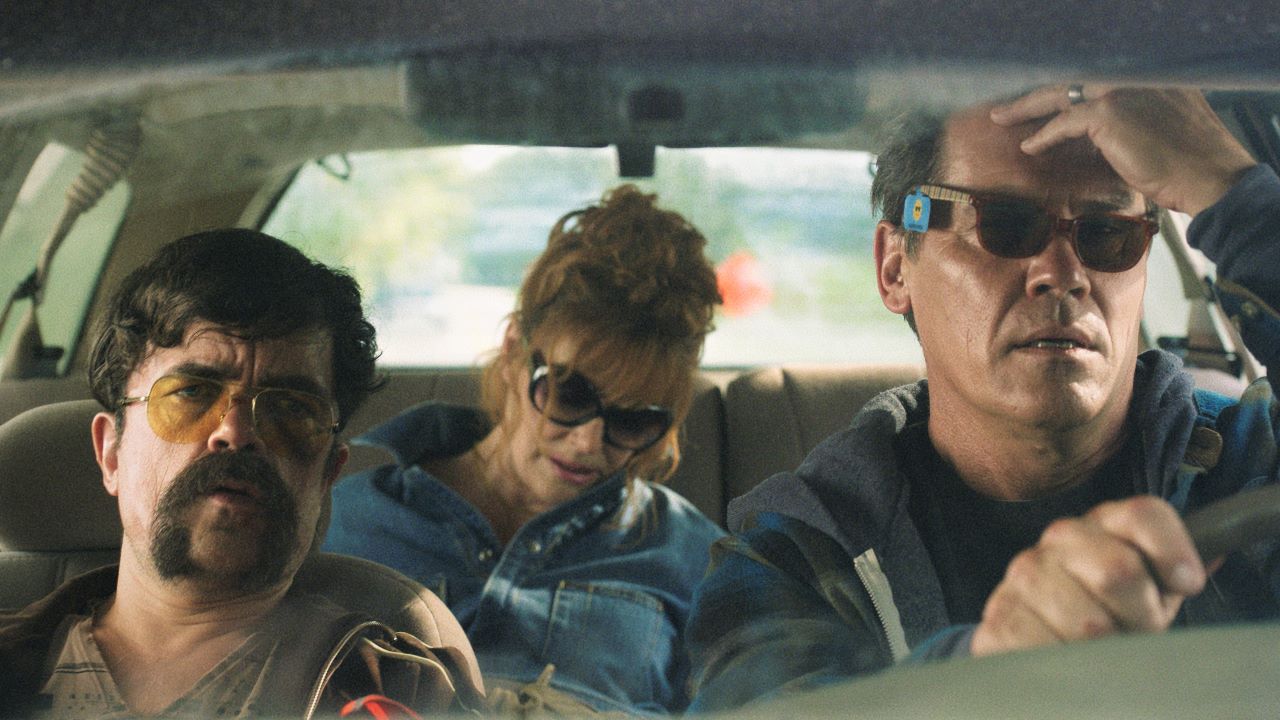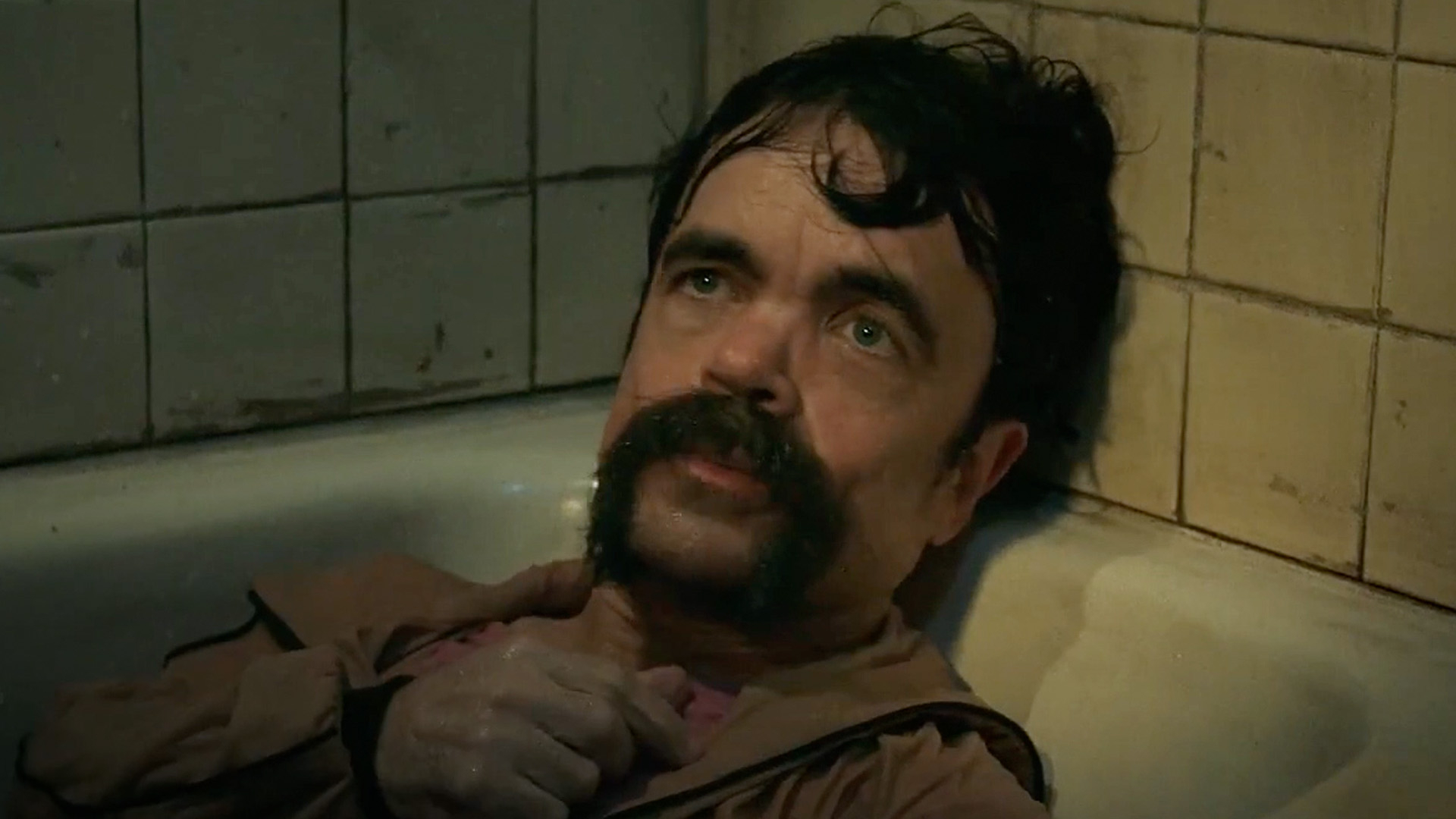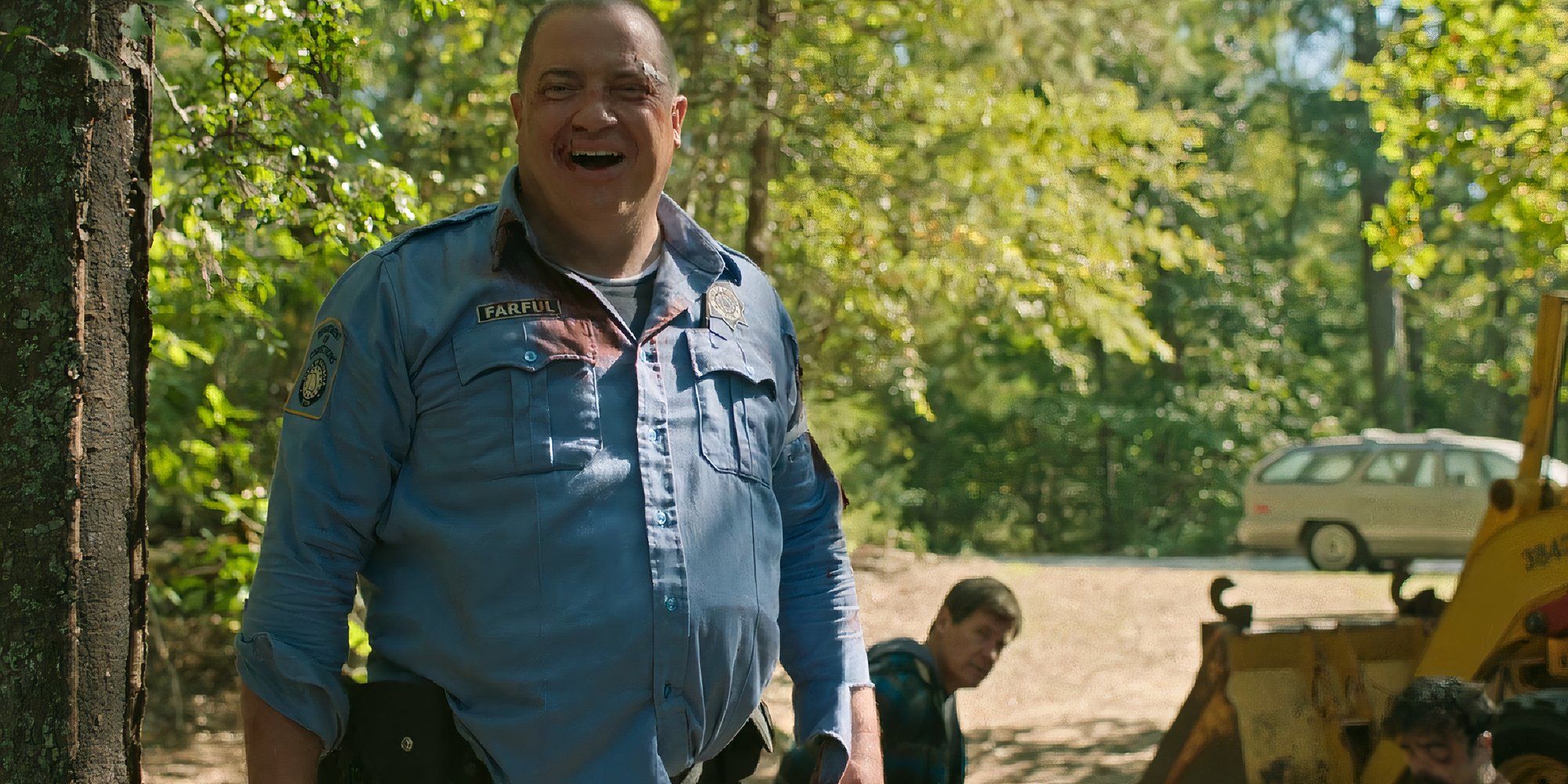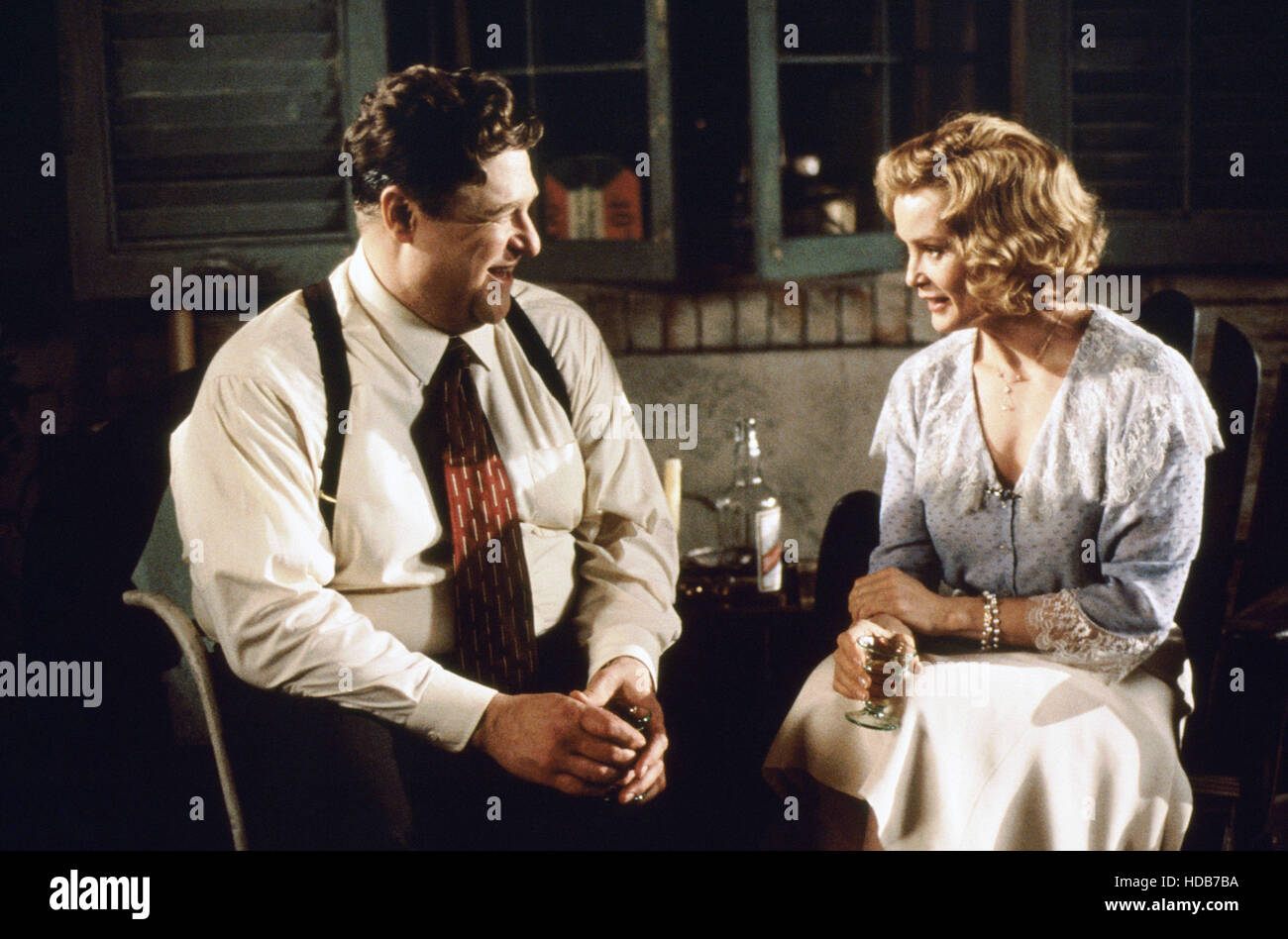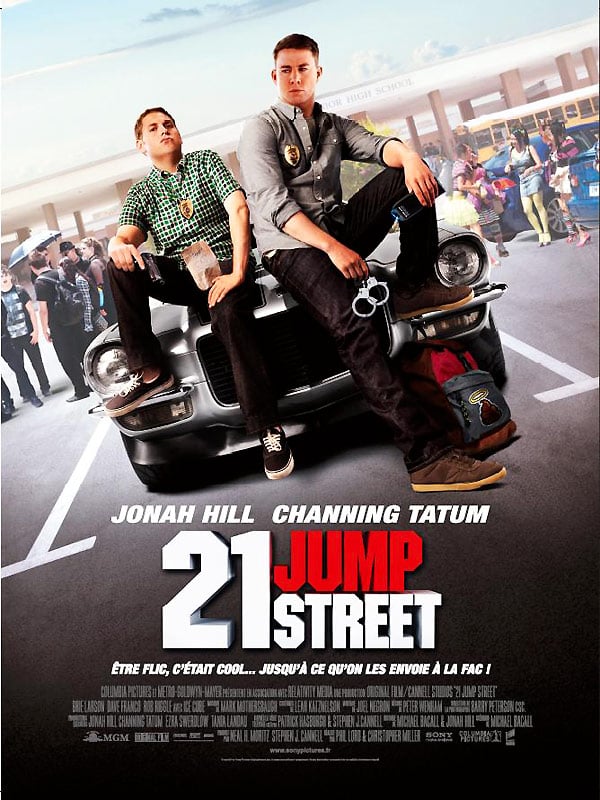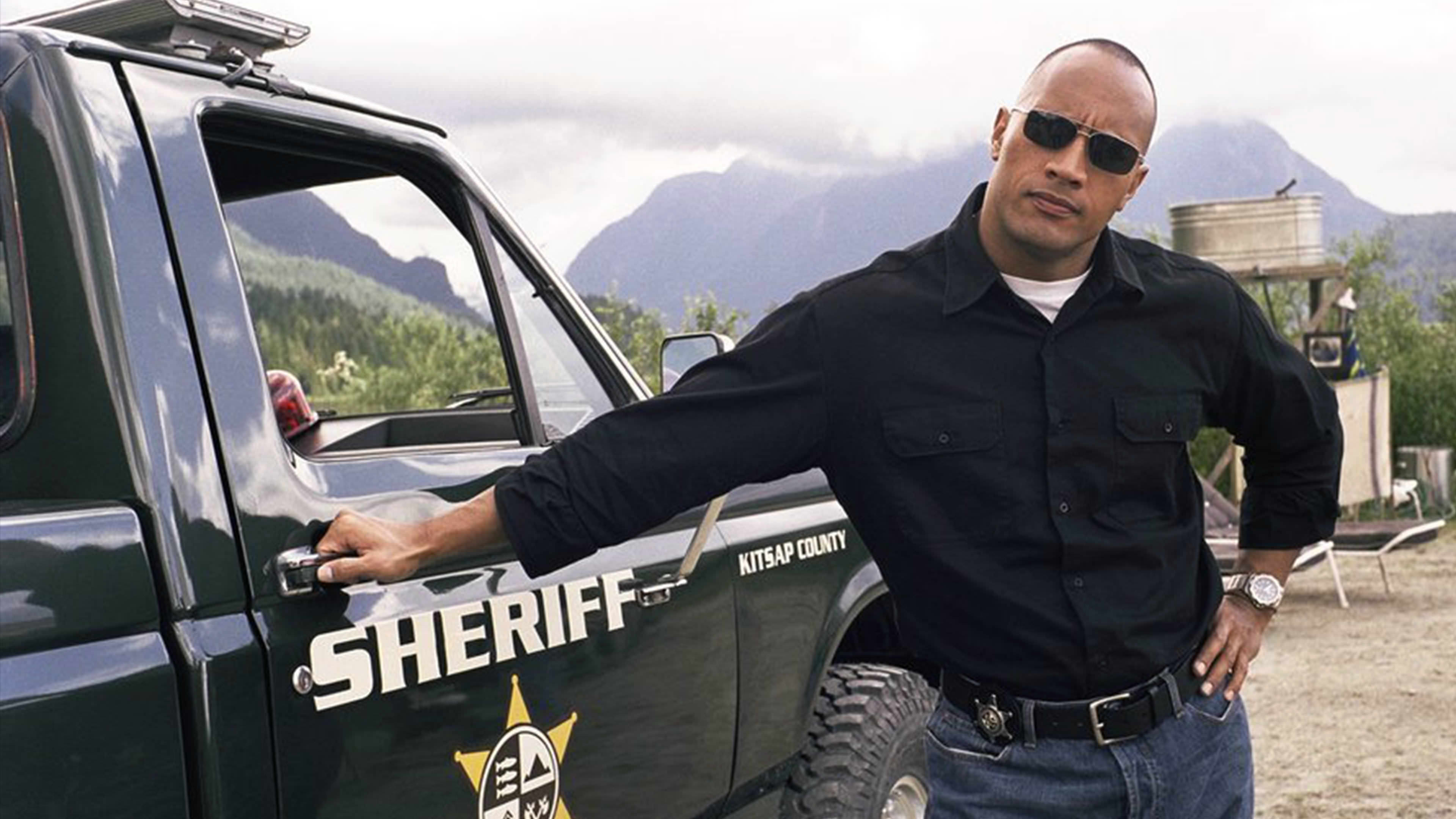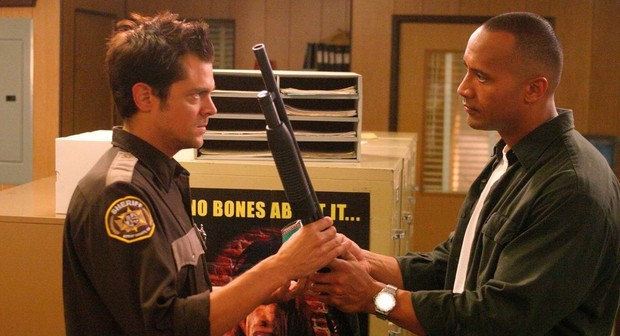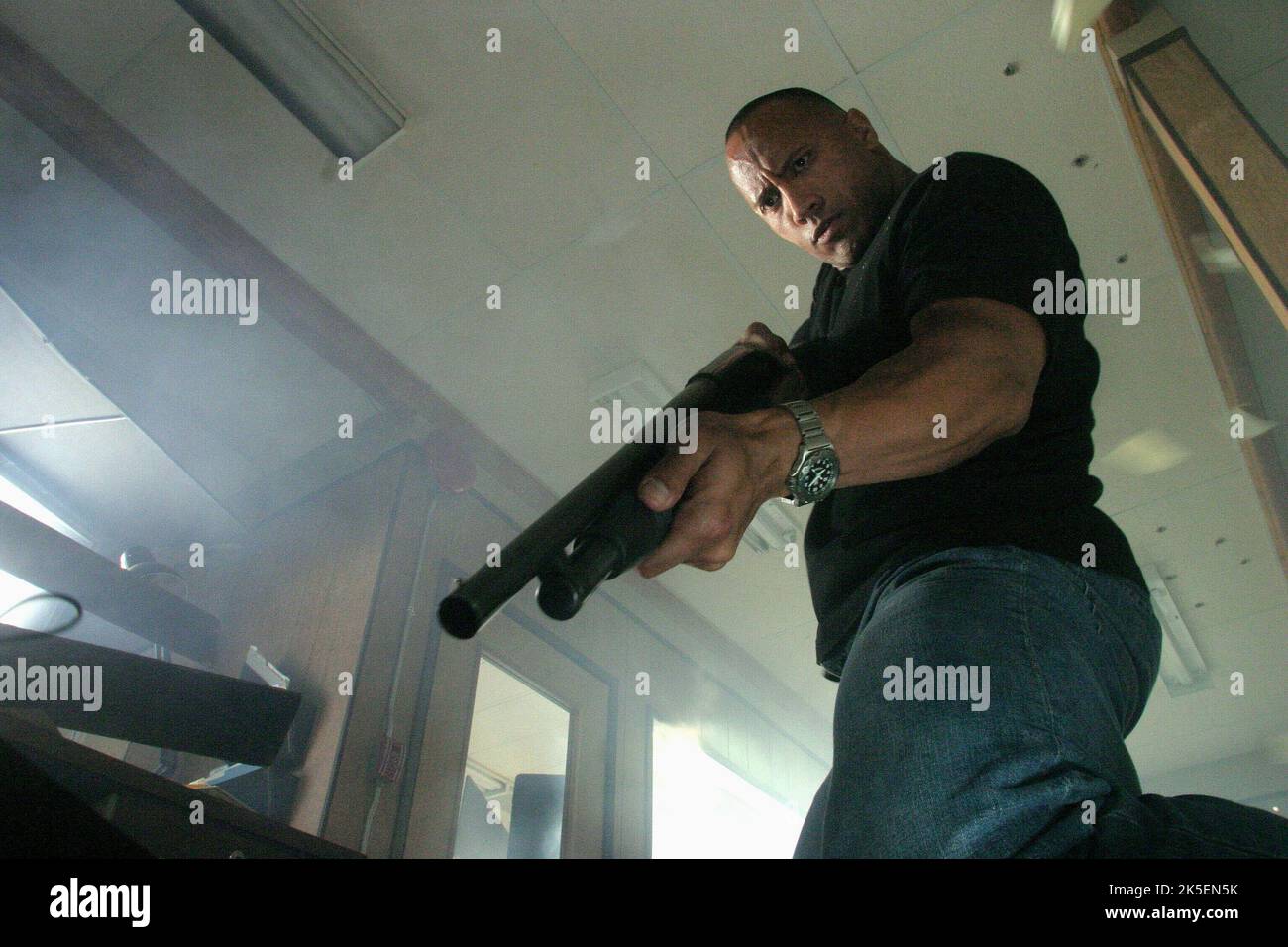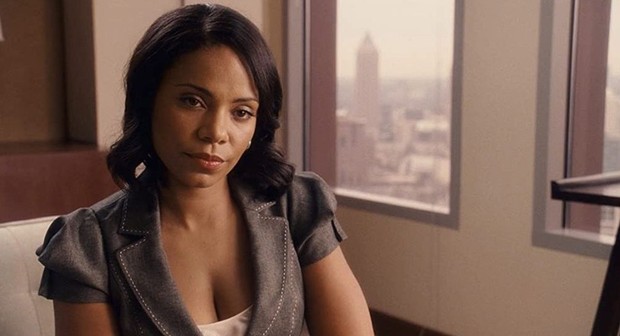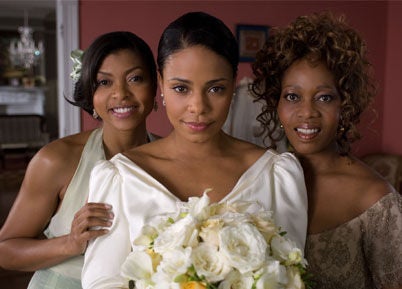Superman III
Richard Lester was in the director's chair for one of the best sequels ever made, Superman II, and it's hard to believe that he was also in charge of the disastrous Superman III, but the fault is not entirely his.

This 1983 textbook example of going to the well once too often finds Clark (Christopher Reeve) traveling to Smallville for his high school reunion, where he hooks up with his high school sweetheart Lana Lang (Annette O'Toole), who is now a single mom. The rest of the film revolves around an eccentric billionaire named Ross Webster (Robert Vaughn) who uses a wimpy computer operator who works for him (Richard Pryor) to realize his own evil plans, which include controlling the weather and eventually, the world.

As stated, Lester cannot be blamed entirely for this hot mess of a movie because we know it is not the movie that Lester probably intended, mostly because of Margot Kidder, who played Lois Lane in the first two films. Kidder demanded more money that the studio was willing to pay, so a drastic re-thinking of the screenplay was necessary, which found Kidder's role reduced to two brief appearances at the front of the movie and at the back, but what they came up with for the middle just didn't work for this reviewer.

Things look bleak from the opening credits that resemble something out of a Keystone Cops or Three Stooges comedy rather than the legacy created by the first two films. The whole reunion of Clark Kent and Lana Lang was a total snooze, Reeve and O'Toole had no chemistry. As for the rest of the film, Lester and the screenwriters seem to be trying to revive the spirit of Gene Hackman's Lex Luthor with this Ross Webster character but Vaughn never really captures the spirit of what going on here and neither does Pryor, who has never been less funny, in an odd character whose loyalty seems to change from scene to scene, not to mention a lot of the manufactured drama which springs from Pryor's character. As the film opens, Pryor's Gus Gorman has been unemployed for three years and now a billionaire maniac is completely dependent on this guy to help him take over the world.

The winner of biggest waste of screentime though has to be when Gorman somehow manages to drug Superman and he and his alter ego Clark Kent split into separate entities leading to a one on one battle in a junkyard that causes unintentional giggles and adds about twenty minutes to the running time. There are a few laughs provided by Annie Ross as Webster's sister and Pamela Stephenson as his girlfriend, but the viewer has to wade through a lot of crap to get to them. And as bad as this movie was, somehow a fourth one actually got made.
Richard Lester was in the director's chair for one of the best sequels ever made, Superman II, and it's hard to believe that he was also in charge of the disastrous Superman III, but the fault is not entirely his.

This 1983 textbook example of going to the well once too often finds Clark (Christopher Reeve) traveling to Smallville for his high school reunion, where he hooks up with his high school sweetheart Lana Lang (Annette O'Toole), who is now a single mom. The rest of the film revolves around an eccentric billionaire named Ross Webster (Robert Vaughn) who uses a wimpy computer operator who works for him (Richard Pryor) to realize his own evil plans, which include controlling the weather and eventually, the world.

As stated, Lester cannot be blamed entirely for this hot mess of a movie because we know it is not the movie that Lester probably intended, mostly because of Margot Kidder, who played Lois Lane in the first two films. Kidder demanded more money that the studio was willing to pay, so a drastic re-thinking of the screenplay was necessary, which found Kidder's role reduced to two brief appearances at the front of the movie and at the back, but what they came up with for the middle just didn't work for this reviewer.

Things look bleak from the opening credits that resemble something out of a Keystone Cops or Three Stooges comedy rather than the legacy created by the first two films. The whole reunion of Clark Kent and Lana Lang was a total snooze, Reeve and O'Toole had no chemistry. As for the rest of the film, Lester and the screenwriters seem to be trying to revive the spirit of Gene Hackman's Lex Luthor with this Ross Webster character but Vaughn never really captures the spirit of what going on here and neither does Pryor, who has never been less funny, in an odd character whose loyalty seems to change from scene to scene, not to mention a lot of the manufactured drama which springs from Pryor's character. As the film opens, Pryor's Gus Gorman has been unemployed for three years and now a billionaire maniac is completely dependent on this guy to help him take over the world.

The winner of biggest waste of screentime though has to be when Gorman somehow manages to drug Superman and he and his alter ego Clark Kent split into separate entities leading to a one on one battle in a junkyard that causes unintentional giggles and adds about twenty minutes to the running time. There are a few laughs provided by Annie Ross as Webster's sister and Pamela Stephenson as his girlfriend, but the viewer has to wade through a lot of crap to get to them. And as bad as this movie was, somehow a fourth one actually got made.
Last edited by Gideon58; 09-30-24 at 01:11 AM.











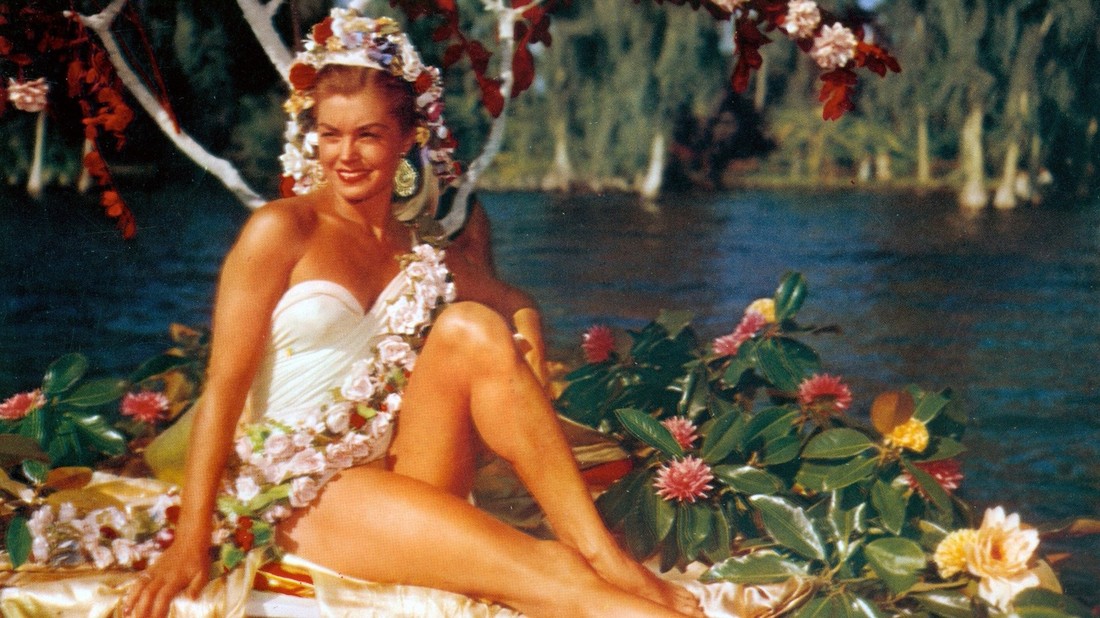


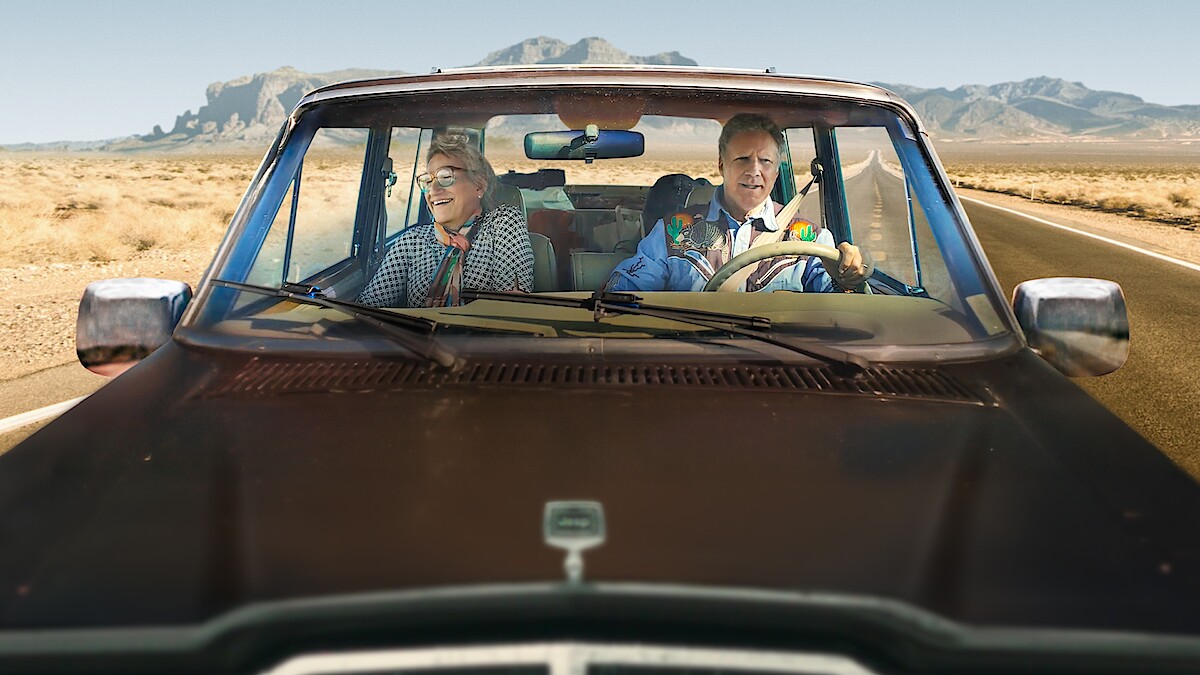
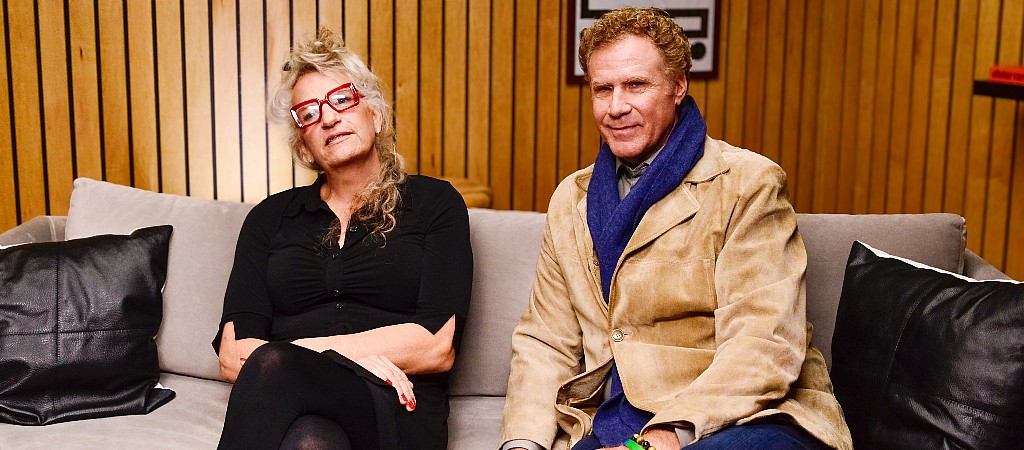



:format(jpg)/f.elconfidencial.com%2Foriginal%2F5d7%2F32d%2F7f6%2F5d732d7f6a9f924afe80147c788f901c.jpg)








